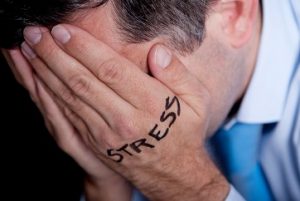One of the most unappreciated job is teaching. Teachers face unheard of amounts of stress working with students. In addition to behavioral issues with students, teachers face multiple deadlines and expectations of success. The stress can be unbearable and teachers need self care.

The article, “Fighting teacher stress” by Chris Berdik looks at how teachers can fight stress and manage it. The article states,
“Teacher stress is growing, experts say, pushing educators out of classrooms and hurting learning. On top of chronic underfunding for education and the continued pressure of standardized tests, there’s also the unrelenting pace of newer education reforms.”
To read the entire article, please click here
Please also review our Stress Management Program and see if it meets your academic and professional needs.




